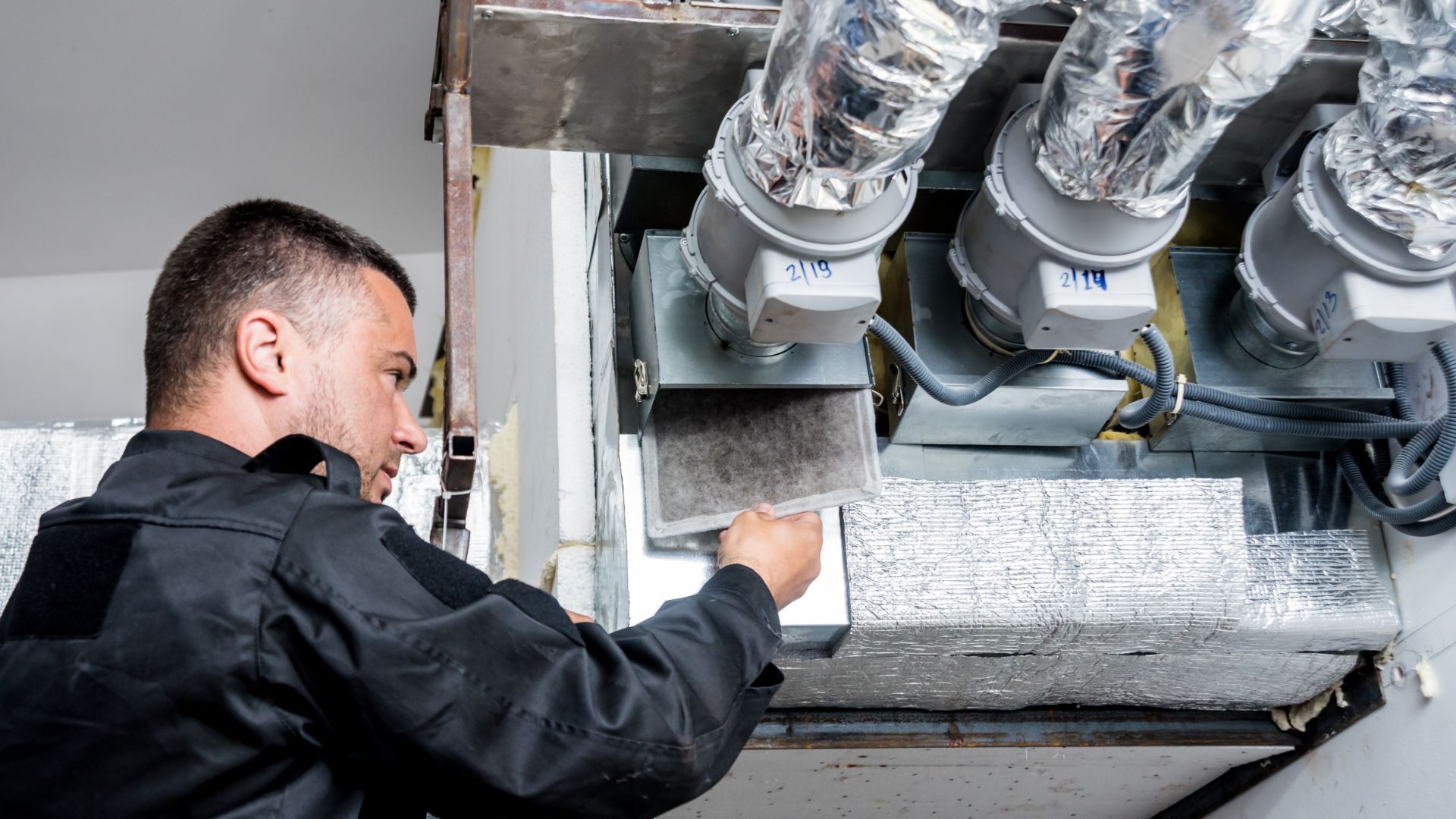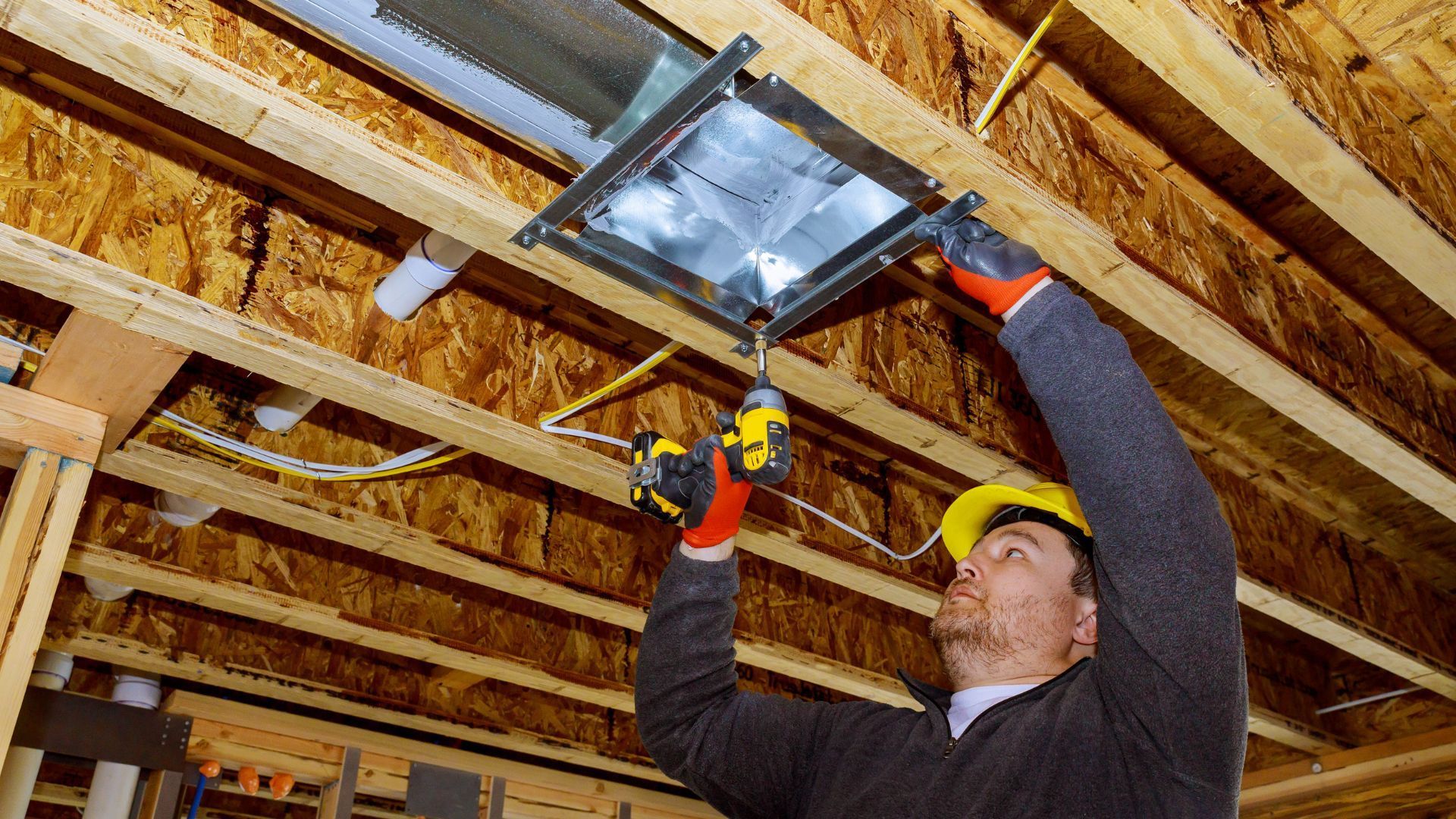Working Hours: Monday - Friday 08:00 AM - 04:30 PM
Air Conditioning: The Ultimate Guide for Buying an Air Conditioner
Air Conditioning: The Ultimate Guide for Buying an Air Conditioner

If you live in a city that experiences high humidity, hot summers, and sweltering heat waves almost every year, having an air conditioner is almost a necessity. An air conditioner helps you keep your cool while also making your home a much more comfortable place to be.
An air conditioner not only makes it easier to stay cool in hot summers but also helps maintain the temperature of your home throughout the year. There are many different types of air conditioning units available on the market today, so choosing the right one for your needs can be tricky.
In this article, we’ll help you understand what goes into buying an air conditioner, what kind of air conditioner suppliers to look for, and what features you should look for when shopping for one.
What is an Air Conditioner?
An air conditioner is a device that removes excess heat and humidity from indoor air and replaces it with cooler, drier air. There are two main types of air conditioners - the central air conditioner and the window air conditioner. Central air conditioners are installed in the furnace room or a utility room of your home and can cool an entire house.
Window air conditioners are smaller units that are installed in a window sill of a single room in your home. Central air conditioners are generally more expensive to install, but they’re also more efficient and convenient to use. Central air conditioners are either split system or ductless.
A split system air conditioner has two parts, an indoor unit and an outdoor unit. The outdoor unit is usually placed on your roof. A ductless air conditioner is a single unit. It has an outdoor unit and an indoor unit that is installed in the wall of your home.
How does an Air Conditioner work?
An air conditioner works by removing heat from indoor air and replacing it with cool air. It does this by using a refrigerant and a set of rotating blades to evaporate water and create a cooling effect. The air conditioner contains a compressor that circulates the refrigerant through coils filled with cold water to create a cooling effect.
The compressor then pumps the hot air from your home through the coils, where the indoor air is cooled down by the evaporated water. The evaporated water is then sent to the indoor unit of the air conditioner, where it is cooled by a fan, creating a stream of cold air that travels back into your home.
The rotating blades in the air conditioner keep the indoor coils from becoming clogged with dust and debris to help the unit run efficiently.
Different types of Air Conditioners
Window Air Conditioner: A window air conditioner sits in your window sill and is connected to the wall with a hose. This type of air conditioner is best suited for rooms that get little to no natural light, such as a basement or garage. It is also an excellent choice if you can’t install a central air conditioner in your home.
- Wall Mounted Air Conditioner: Wall-mounted air conditioners can be placed almost anywhere in your home and are a great choice if you have limited space. Wall-mounted air conditioners are often quieter than window units, making them a great option if you have children or live in close quarters with others.
- Central Air Conditioner: A central air conditioner cools an entire home by pulling cool air from outside your home and pushing it through the ducts inside your walls and into every room. A central air system is generally more expensive to install than a window unit, but it offers many benefits over window units, including easier installation and more energy efficiency.
- Ductless Mini-Split Air Conditioner: A ductless mini-split air conditioner is similar to a central air conditioner, but instead of having a large system that pulls cool air from outside your home, it pulls cool air from a mini-evaporator that is installed inside your home.
The Importance of Purchasing the Right Size
When you’re shopping for air conditioners, you’ll notice that there are two main units to consider –
BTUs and
Square Feet.
The amount of BTUs in an air conditioner tells you how quickly it can cool down a room. The larger the room, the more BTUs are needed to effectively cool it down. The square feet of the room tells you how much space the air conditioner can effectively cool down.
If you have a large room that you want to cool efficiently, you’ll want to purchase an air conditioner with a high BTU and a low square feet. If you have a smaller room that needs cooling down quickly, you’ll want to purchase an air conditioner with a lower BTU and a higher square feet.
If you want to cool down your home quickly in the summer, you’ll need to match the square feet of the room you want to cool down with the square feet of the air conditioner. The square feet of your home can vary room to room based on the size of the room and the materials used to build it. You can use this square feet. calculator to determine how much space your air conditioner needs to effectively cool down your home.
Other Important Factors to Keep in Mind
Quality: The quality of your air conditioner is just as important as its size. You’ll want to make sure to purchase an air conditioner with a quality build and long-lasting parts that are easy to repair. If you purchase an air conditioner with a low-quality build, you’re likely to see frequent repair bills, which can make the unit cost more than it’s worth.
- Energy Efficiency: Air conditioners can range from being quite energy efficient to being a little bit more costly to operate. When shopping for an air conditioner, look for one that has an Energy Star rating and a high SEER rating.
- Budget: Before you start shopping for air conditioners, it’s important to set a budget. You’ll want to factor in the cost of purchasing an air conditioner, the cost of installation, and any potential repair bills that may arise over the life of your unit. It’s also important to consider whether you want to purchase a window unit or a central air conditioner.
- Ductwork: If you’re purchasing a central air conditioner, you’ll want to make sure that you have enough space to install the ductwork necessary to distribute cool air throughout your home.
With This In Mind
The air conditioner is a staple in modern society, especially during the hot and humid summer months. When looking for the best air conditioner suppliers for your home, it’s important to consider the size of your room, the energy efficiency of the unit, and the cost of operating the unit. There are many different types of air conditioners available, so you can find one to suit your needs easily.
So, are you ready to buy yourself a nice air conditioning system? Check some great deals near London, Ontario.

INFORMATION
176 Rectory St, London, ON N5Z 2A5, Canada
Follow us on Facebook
BROWSE OUR WEBSITE
EMERGENCY SERVICE









